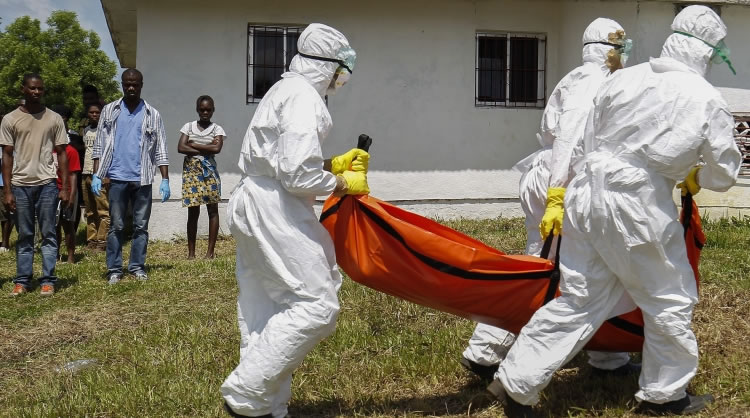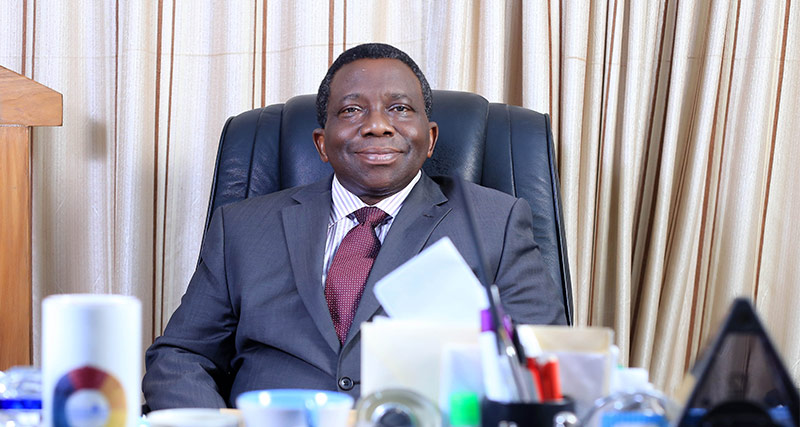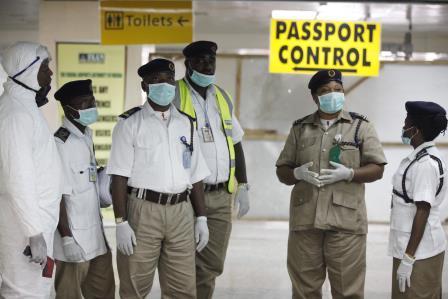The World Health Organization (WHO) on Monday admitted It responded “too slow” in its handling of the 2014 Ebola outbreak in West Africa.
The Director-General of WHO, Dr Margaret Chan, at the 70th World Health Assembly in Geneva, also regretted that the virus had recently re-emerged near the border of the Democratic Republic of the Congo and the Central African Republic.
The outbreak, which led to the death of hundreds of people in the West African countries, happened on Chan’s watch.
The outgoing chief of the global health body, admitted fault and said: “I am personally accountable”.
“WHO was too slow to recognize that the virus, during its first appearance in West Africa, would behave very differently than during past outbreaks in central Africa, where the virus was rare but familiar and containment measures were well-rehearsed,” Chan said.
The outgoing WHO chief, however, said that the organization made “quick course corrections” to bring three outbreaks under control and helped create the first Ebola vaccine.
The year’s World Health Assembly, which includes 194 countries, would discuss what has been learned from that outbreak, as well as from WHO’s handling of Zika and other diseases.
Experts would also provide an update on how Angola responded to last year’s Yellow Fever outbreak, which exhausted the global vaccine stockpile several times.
The current cholera epidemic in war-torn Yemen is also on the agenda; only days ago, WHO described it as “unprecedented”.
Polio is still causing misery and paralysis in three countries where it is endemic: Afghanistan, Pakistan and Nigeria.
Therefore, delegates would continue to push for the complete eradication of the wild poliovirus, for which there is no cure, only prevention.
Refuting what she called “frequent criticism” that WHO has lost its relevance, Chan pointed to a recently issued report tracking how public health has evolved during her 10-year administration.
The outgoing chief of the UN health agency, however, highlighted the relevance of WHO and offered its decision-making body parting advice that included protecting scientific evidence, pushing for innovation and thinking of people in every decision that is taken.
As an example, she noted that while it took nearly a decade to lower the prices of antiretroviral treatments for HIV, thanks to teamwork and collaboration, the prices for new drugs to cure hepatitis C fell within two years.
“This is the culture of evidence-based learning that improves efficiency, gives health efforts their remarkable resilience, and keeps us irrepressibly optimistic.
“We falter sometimes, but we never give up,” Chan said.
WHO’s relevance was “most dramatically demonstrated” during last month’s global partnership meeting on neglected tropical diseases, she said.
According to her, participants celebrated a decade of “record-breaking progress” to eliminate the diseases.
“The fact that, in 2015, nearly one billion people received free treatments that protect them from diseases that blind, maim, deform, and debilitate has little impact on the world’s geopolitical situation.
“The people being protected are among the poorest in the world,” Chan said, adding that this was “a success story that the world was hungry to hear”.
In addition to tackling these health threats and many more, the World Health Assembly would choose Chan’s successor.
The three candidates hoping to step into her shoes after the vote on Tuesday afternoon are Tedros Ghebreyesus from Ethiopia, David Nabarro from the UK, and Sania Nishtar from Pakistan.
(NAN)



